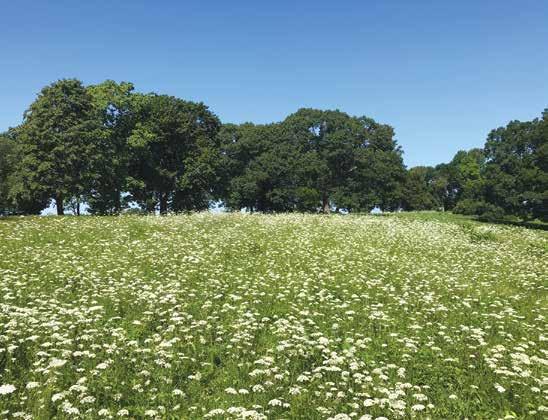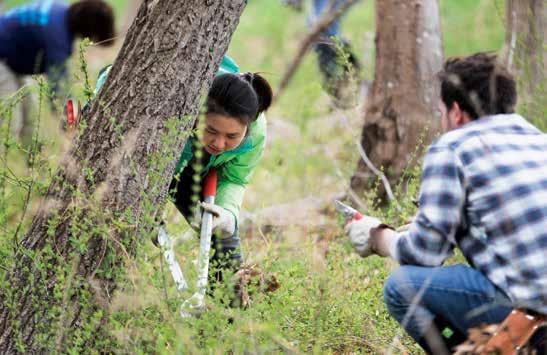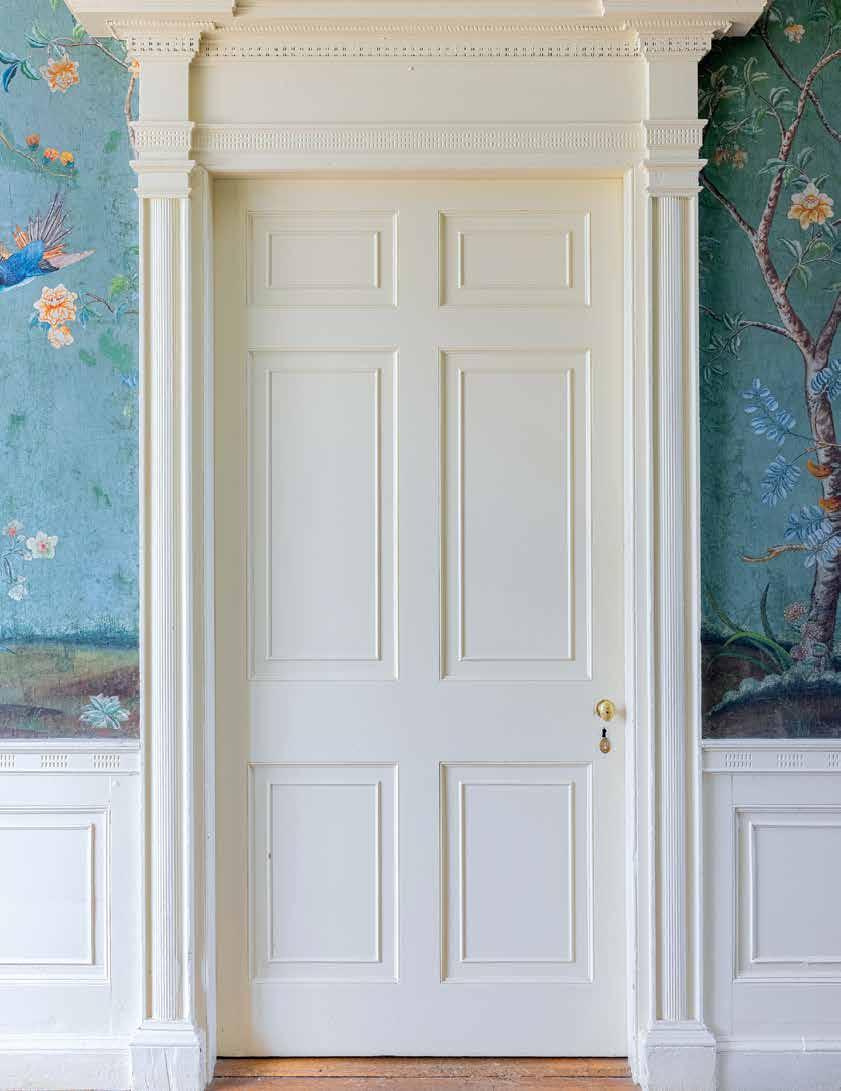
1 minute read
Did You Know?
Pollination occurs when pollen is moved within flowers or carried from flower to flower by pollinating animals, such as:
Butterflies
Advertisement
The Massachusetts Butterfly Club has documented 50 species of butterflies that inhabit World’s End, including monarchs, red admirals, black swallowtails, pearl crescents, and the rare juniper hairstreak.

Bumblebees
These large bees are a favorite to watch! Massachusetts is home to seven species of bumblebees. Look for differences in color patterns and sizes.
Bees
When we think of bees, we often think of honeybees (which, surprisingly, aren’t native to the Bay State). Massachusetts is home to many species of bees however, including sweat bees, mason bees, fly mimicking bees, and more.
Wasps
You can tell wasps from bees by the shape of their bodies. Wasps are slimmer, have narrow waists, and have thinner legs than bees. While you may not think of them as pollinators in the same way that you think of bees, wasps are still important pollinators for our plants. In addition to the critters mentioned above, beetles, flies, moths, birds, and bats are also pollinators.
What to Watch For
Maintaining pollinator habitat at World’s End is an everyday task for Trustees stewards, ecologists, and you, our visitors. As we prepare to welcome these species back to World’s End in abundance, Trustees teams will be on the lookout for the return of any of the invasive species we are seeing now in order to stop their spread before they can cause damage to the restored ecosystem.
During your visits, we hope you will keep your eyes out for some of the many different pollinators that call World’s End home. As they enjoy these fields more carefully catered to their important job of pollinating, remember to leave no trace, keep your distance, and practice quiet observation. These creatures are helping us to maintain the beautiful places like World’s End that we are so lucky to enjoy. We can’t wait to share these beautiful wildflower fields with you, and hope you enjoy spotting the progress at World’s End on your next visit.
Trustees historic houses are full of life







